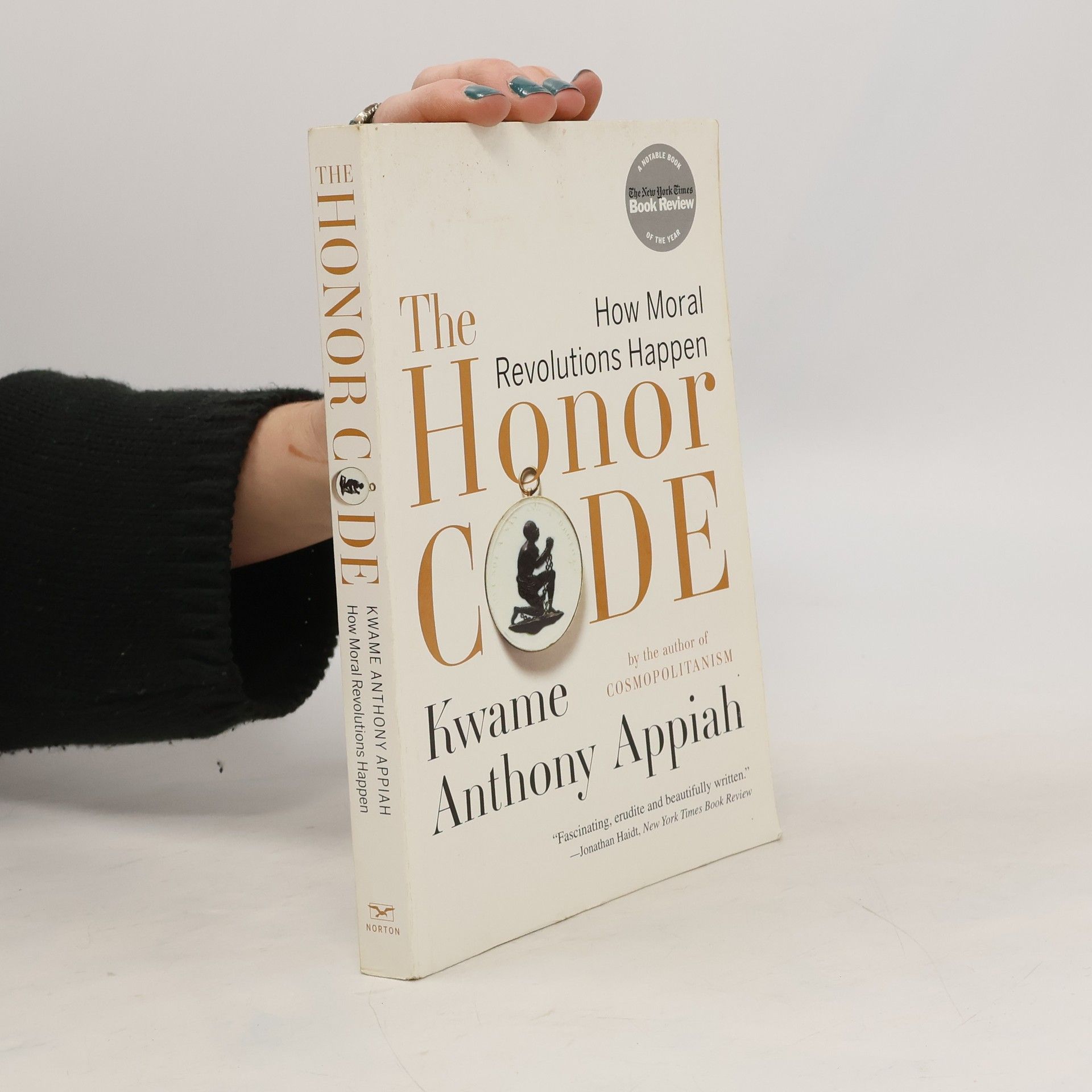In recent decades, collective identities such as race, ethnicity, nationality, religion, gender, and sexuality have garnered significant attention, often demanding recognition and respect at the expense of other values. This work explores the tension between these identities and individual freedom, questioning how they both constrain and enable our individuality. Renowned philosopher Kwame Anthony Appiah engages with thinkers from various eras and cultures to delve into these complex issues. He examines the interplay between individuality and identity, emphasizing that the way we define ourselves is intrinsically linked to the lives we choose to lead. Appiah presents a nuanced ethical framework that connects moral obligations to collective identities, challenging simplistic notions of culture and diversity. He questions whether culture is inherently valuable, the nature of moral obligations, and the effectiveness of human rights rhetoric. Ultimately, Appiah's insights encourage a more sophisticated understanding of identity that transcends binary divisions, fostering a vision of liberal humanism that embraces the complexities and variations of human experience.
Kwame A. Appiah Knihy
Kwame Anthony Appiah je popredný mysliteľ, ktorého diela skúmajú zložitosť identity a etiky v našom prepojenom svete. Jeho eseje a knihy sa zaoberajú otázkami osobného života, filozofie a našej úlohy ako globálnych občanov. Appiah plynule spája akademickú prísnosť s prístupným štýlom, čím čitateľom ponúka hlboké vhľady do toho, ako myslieť a žiť v súčasnom svete. Jeho práca nám pomáha pochopiť, ako sa formujú naše hodnoty a ako môžeme budovať spravodlivejšiu a etickejšiu spoločnosť.


The Honor Code
- 192 stránok
- 7 hodin čítania
[Appiah's] work reveals the heart and sensitivity of a novelist. . . .Fascinating, erudite and beautifully written.-The New York Times Book Review